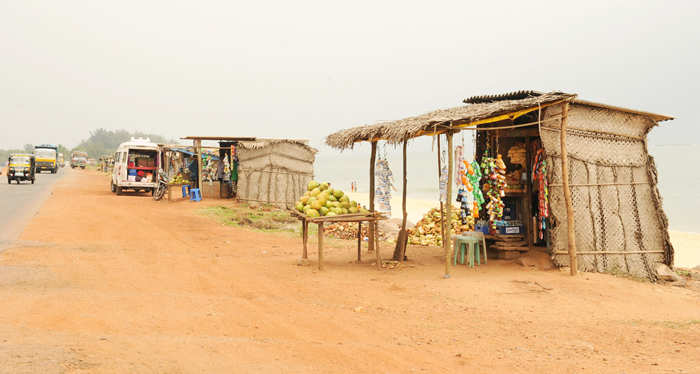BENGALURU: A quick look at the vintage periphery of Bengaluru reveals that all the dhabas or countryside makeshift eateries have practically vanished. Nikhilesh Murthy (33) was a highway-dhaba regular during his growing years.
The food blogger nostalgically recalls, “Since we were not at the permissible age to enter pubs, driving down to a dhaba on Kanakapura Road, Mysuru Road or Bannerghatta Road was a big part of my college days. It made a good getaway to grab some drinks and average butter chicken.”
Murthy notes how a popular mall stands today in place of four dhabas on Bannerghatta Road. Rapid urbanisation and rising real estate costs have engulfed the dhabas.
Good news is that it didn’t deter the IT city from retaining the popular rustic cuisine imported from the highways of Punjab and Agra.
Dhabas have moved from highway to the high street. They are posh but positioned as dhaba-exclusive restaurants, sometimes even coupled with kitsch décor and roaring music.

(Representative Image)
Coining the segment as ‘dhabaredux’, food expert Aslam Gafoor says, “City’s restaurants serving dhaba food is a clean act. It is comfort food for the homesick, the locals and the expats. These restaurants are bound to be a success because they have good price points, ethnic décor and save a trip to Delhi.”
For instance, Baba Da Dhaba has expanded from being just a delivery service in 2015. Besides two cloud kitchens, they have opened brickand-mortar chapters in Koramangala and Yelahanka. One more will open in Indiranagar at the end of April.

(Representative Image)
“We are a modern representation of dhabas. We don’t use artificial colours, no MSG or preservatives, no deep-freezing or canned food. We will soon go completely organic. Most of our cooks are from Delhi who know the drill,” says founder Baba Chandok.
With best-sellers in Balti-meat and highway chicken-tikka, Dhaba Estd. 1986 in Indiranagar and Marathahalli. Serving dhaba delicacies from Rajasthan, Indore and Punjab belts, they plan to open more chapters this year.
Rahul Khanna, director of Azure Hospitality that owns this eatery besides a resto-bar and an Asian cafe, says, “Bengaluru is a good market for posh dhaba culture because the population of migrants is high, rentals are low, people are adventurous foodies and this specialty cuisine is not local.”







